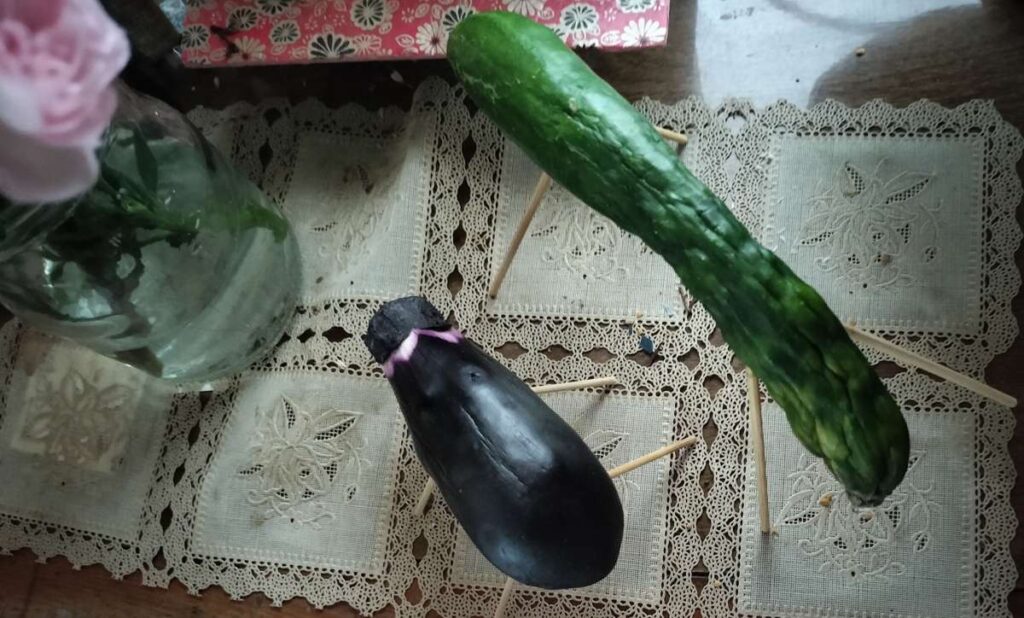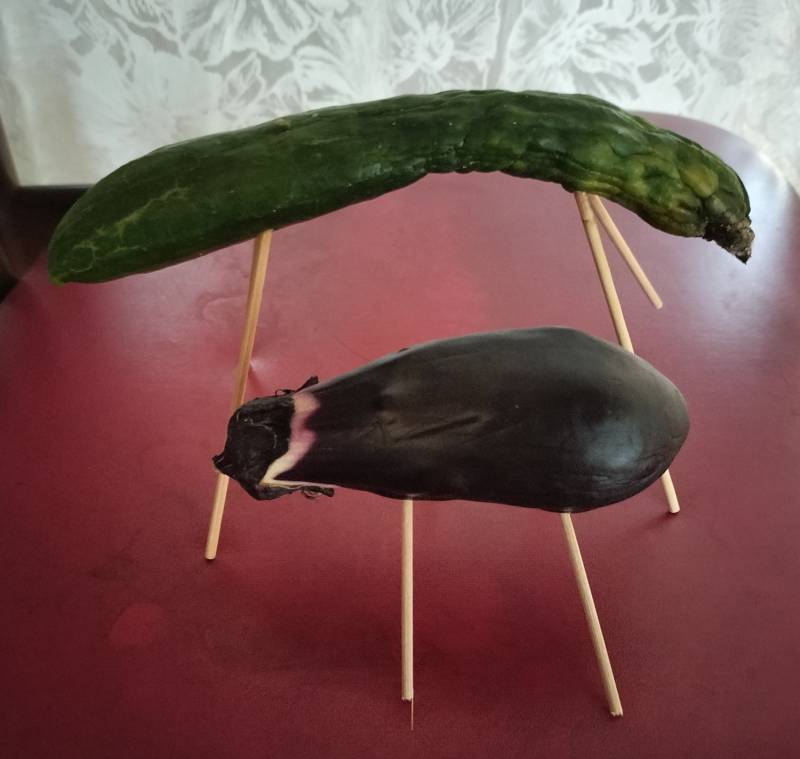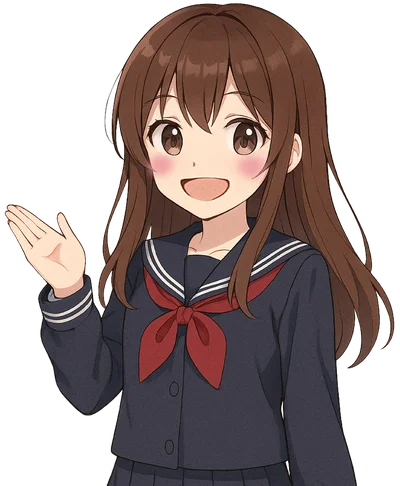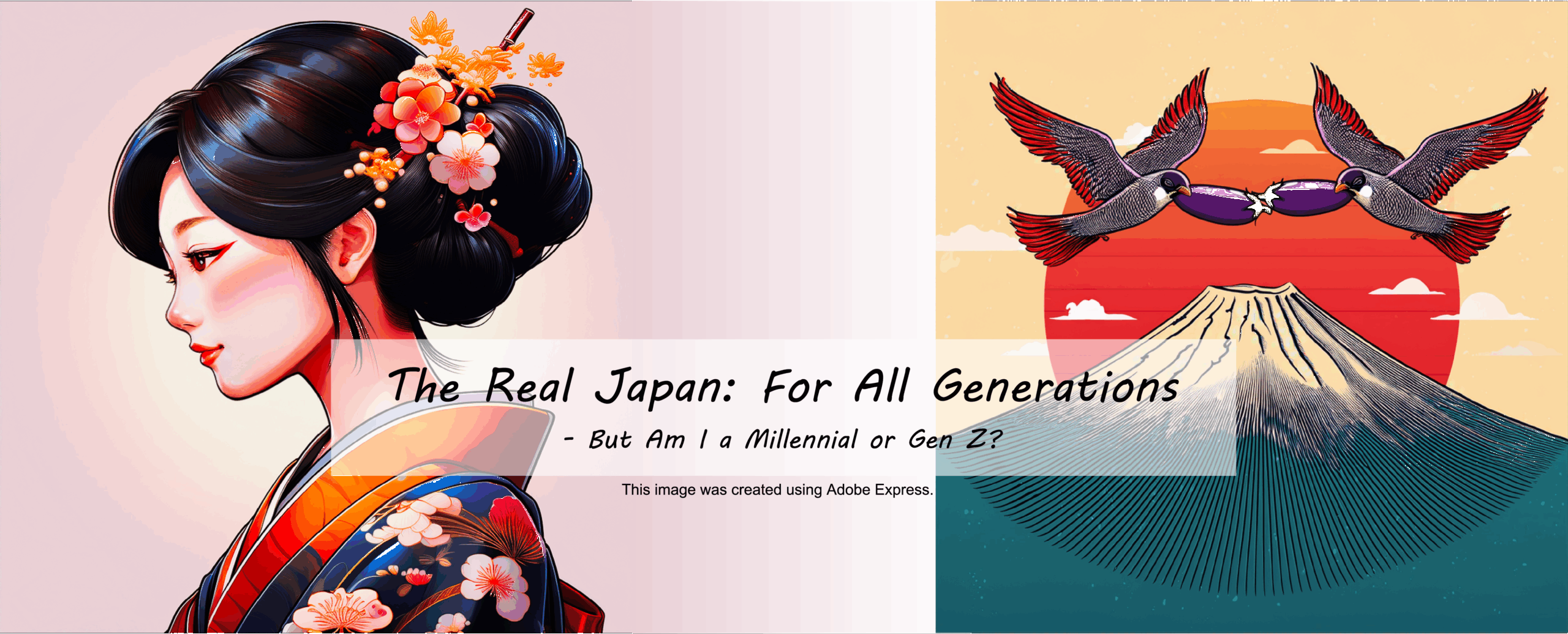
Hello,today I want to talk about Obon.
What is Obon?
Obon is one of Japan’s most important traditions, a time to welcome the spirits of our ancestors back home and honor them.
It usually takes place from August 13 to 16 (though in some regions it’s held in July).
Families light mukaebi (welcoming fires) and okuribi (sending-off fires), believing the smoke guides the spirits as they travel between this world and the next.
The Adorable “Spirit Animals”
During Obon, it’s common to make little animals called shōryō-uma.
You take a cucumber, stick legs in it to make a “horse,” and do the same with an eggplant to make a “cow.”
The horse means “come back quickly,” and the cow means “return slowly and safely.”
It’s such a simple, but really charming tradition.

What Happened This Year
We made our own little horse and cow this year, but after a few days the cucumber shriveled up.
In the end, we buried them in the garden, as is customary.
But then something serious happened…
My mom suddenly fell ill in the middle of the night, and for the first time ever I had to dial 119 and call an ambulance.
In Japan, ambulances come free of charge, but once you arrive at the hospital there are night-time surcharges for treatment.
That night, we were charged an unexpected 5,000 yen late-night fee.
Thankfully, it turned out to be mild heatstroke. She didn’t need an IV drip—just oral rehydration solution, which I had to buy from a vending machine at the hospital.
The paramedics also told us, “Don’t hesitate to use your air conditioner.”
Honestly, I was so relieved it wasn’t a “final call from the other side.”
The Reality of a Single-Mother Household
Part of the reason we hold back on using the A/C is our family situation.
Growing up in a single-mother household, saving money was always the priority.
My mom worked part-time jobs her whole life. In Japan, it’s very difficult for single mothers to land stable, full-time positions, so income is often limited.
That means every expense—electricity, medical bills, even a few thousand yen—feels heavy.
For us, cutting costs has become second nature, so not using the air conditioner is almost a habit.
What Obon Made Me Realize
Obon is said to be the time when the world of the spirits comes closest to ours.
So when my mom collapsed, I couldn’t help but think: Were the ancestors coming to take her away too? It really scared me.
These days, there’s even debate in Japan about whether ambulances should start charging fees.
But for families with limited means, that could mean hesitating to call—even in a life-or-death situation. And that thought is terrifying.
This year’s Obon reminded me of something important: it’s not only about honoring those who have passed away, but also about cherishing the loved ones who are still here with us right now.
母が倒れたお盆の日――救急車と熱中症、そして母子家庭の現実
こんにちは。
さて、今日はお盆のお話。
お盆ってどんな行事?
お盆は、ご先祖さまを家にお迎えして供養する、日本の大切な行事です。
だいたい8月13日から16日まで(地域によっては7月に行う所も)。
迎え火や送り火を焚いて、煙に乗ってご先祖さまが行き来すると考えられています。
精霊馬ってかわいい
きゅうりに足をつけた「馬」、なすに足をつけた「牛」。
これを精霊馬(しょうりょううま)と言います。
「馬=早く帰ってきて」「牛=ゆっくり帰ってね」って意味があって、素朴だけどちょっとかわいい習慣なんですよ。
今年のお盆の出来事
うちでも精霊馬を作ってお供えしたんですけど、数日でしわしわに…。
最後は庭に埋めてあげました。
でも、ちょっと大変なこともあって…。
母が急に体調を崩してしまい、真夜中に初めて119番に電話して救急車を呼びました。
日本では救急車は無料で来てくれるんですが、病院に着いてからの診察や処置には深夜料金がかかるんです。
このときは5,000円の夜間加算がついていて、思わぬ出費になりました。
幸い、母は軽い熱中症で点滴の必要はなく、経口補水液を自販機で買って飲むように言われました。
救急隊の方からも「冷房は我慢せずにつけてくださいね」とアドバイス。
本当に“お迎え”じゃなくてよかった…と、ゾッとしました。
母子家庭の現実
正直なところ、冷房を控えてしまった背景には、我が家の事情もあります。
母子家庭でずっと節約が優先だったせいか、「電気代はなるべく抑えないと」という感覚が染みついているんです。
母はずっとパートタイマーで働いてきましたが、日本では父親がいない家庭で母親が正社員として安定して働けるケースは多くありません。
だから収入は限られていて、光熱費や医療費など、ちょっとした出費でも家計に響きます。
母にとっても私にとっても「節約するのが当たり前」になっていて、冷房をつけるのもつい我慢してしまいがちなんです。
お盆に思ったこと
お盆は「霊界と現実が近づく時期」と言われています。
だからこそ、母が倒れたときは、ご先祖さまを迎えるどころか母まで連れて行かれてしまうんじゃないかと、本当に焦りました。
最近は日本でも「救急車を有料にすべきか」という議論が出ています。
でも、経済的に余裕がない家庭にとっては、もし有料化されたら「呼ぶのをためらってしまう」かもしれません。
命に関わる場面でそんな迷いが生まれるのは、とても怖いことです。
今回の出来事を通して、亡くなったご先祖さまだけでなく、今そばにいる家族を大切にしなきゃ、と改めて思いました。
Choose Your Quiz/クイズを選んでね

The list below also includes pronunciation symbols for English words and idioms.
以下の一覧には英単語とイディオムの発音記号も含まれています。



コメント